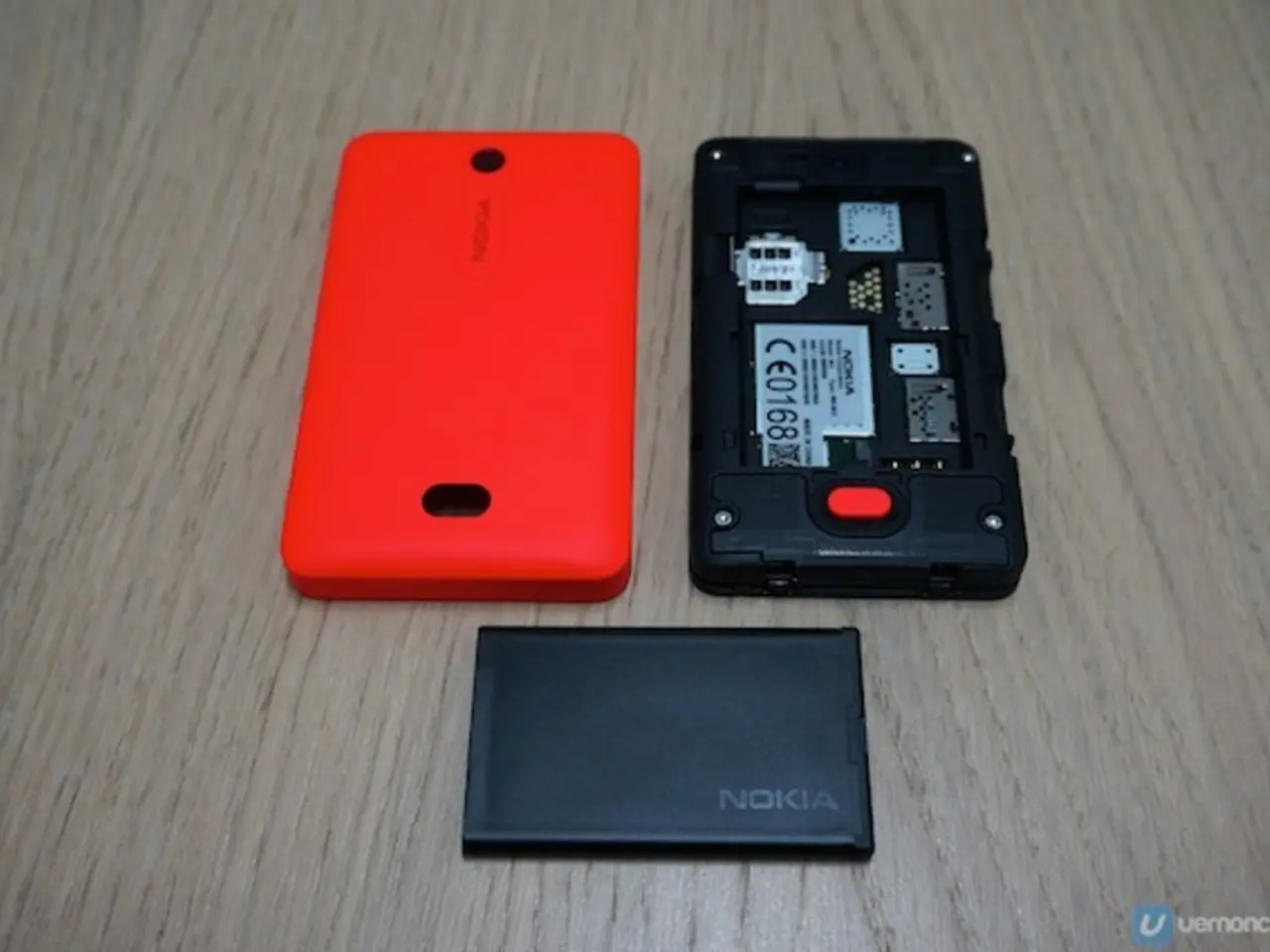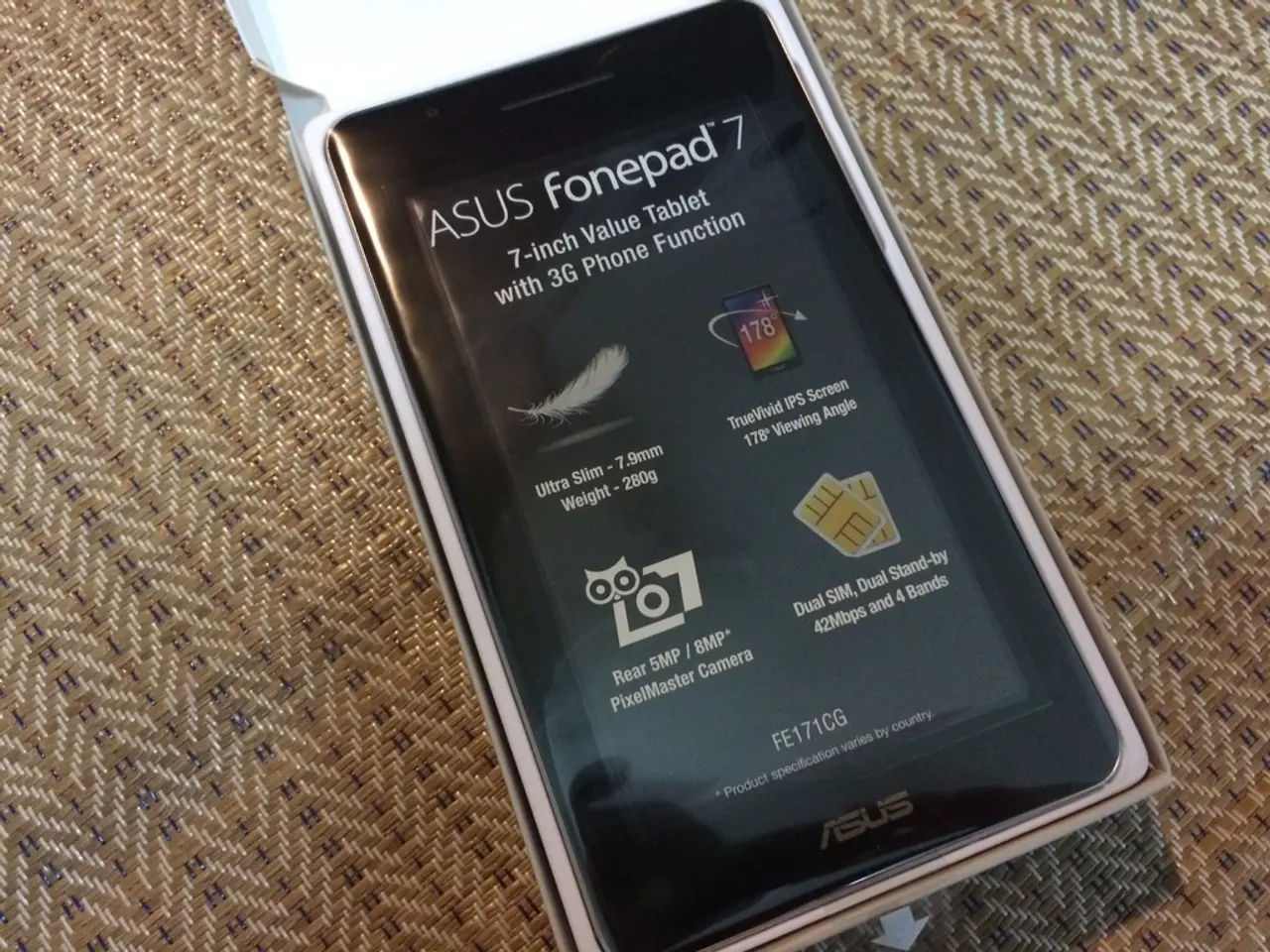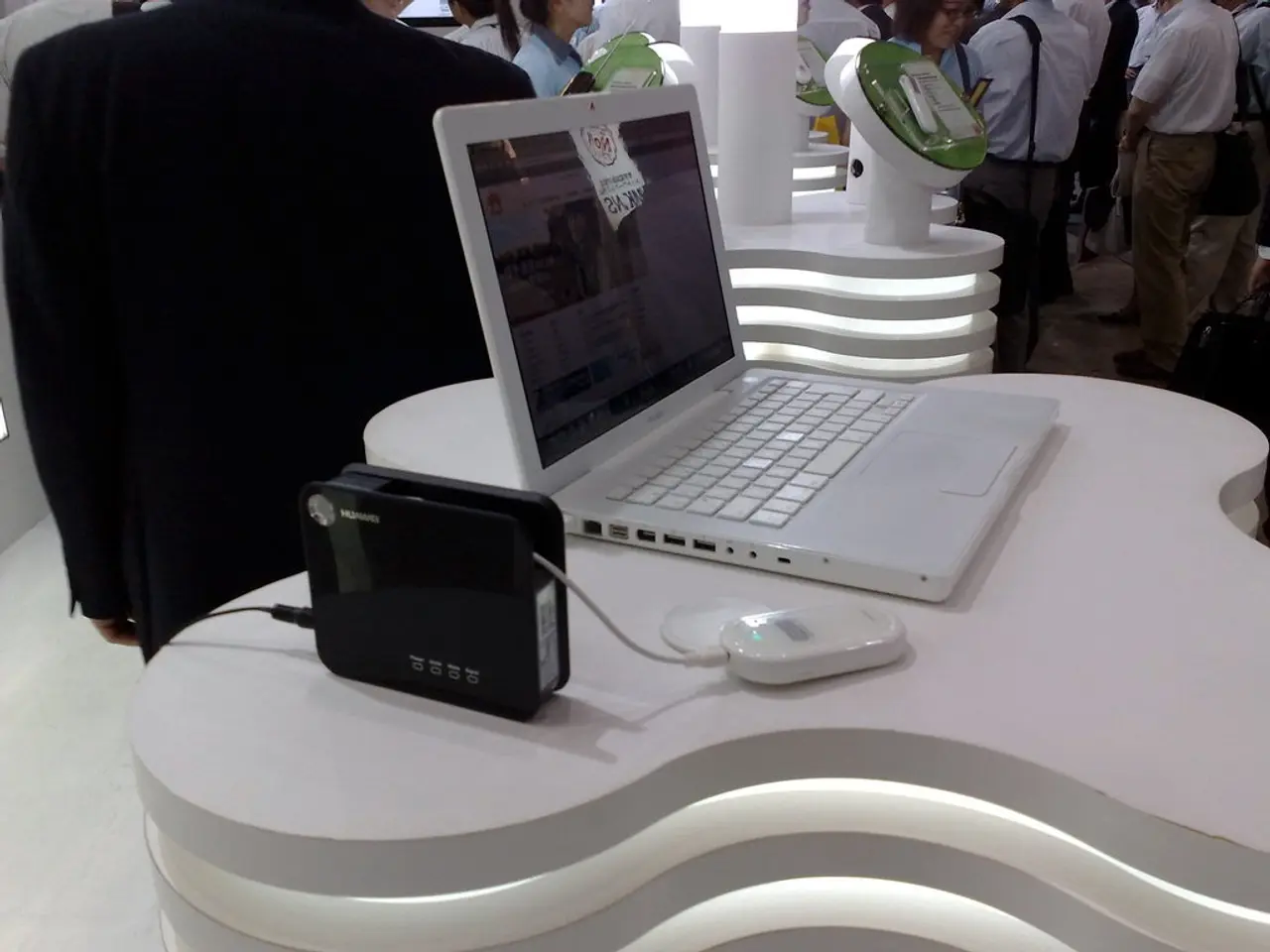Revolutionary sodium batteries may transform the electric vehicle industry.
In a significant advancement aimed at addressing the limitations of lithium-ion batteries, the world's leading electric vehicle battery manufacturer, CATL from China, unveiled its innovative sodium-ion battery, Naxtra, in April. Large-scale production is scheduled to commence by December 2025.
Sodium-ion batteries are poised to offer several advantages over their lithium counterparts. One major advantage is cost. Sodium, unlike lithium, is abundant and inexpensive, potentially leading to lower production costs for sodium-ion batteries. The easier availability of sodium could also result in reduced overall costs, making the batteries more affordable for consumers.
Environmentally, too, sodium-ion batteries present a more favorable profile. The extraction process for sodium is less environmentally taxing than that of lithium, which often involves complex and sometimes contentious mining practices. Moreover, sodium-ion batteries are simpler and less resource-intensive to recycle, thereby potentially reducing their ecological footprint.
However, it's important to note that sodium-ion batteries, while offering financial and environmental benefits, are not devoid of challenges. For instance, they typically boast a cycle life of about 1,000 to 2,500 cycles (some lab tests suggest up to 10,000 cycles), which is generally shorter than many lithium-ion chemistries, such as LiFePO₄, which can surpass 6,000 cycles. Despite this, sodium-ion batteries demonstrate better cold-weather charging performance than lithium-ion batteries, owing to faster desolvation of sodium ions.
In essence, sodium-ion batteries hold promise in terms of affordability and environmental impact, but they may necessitate further development to match the performance of lithium-ion batteries in terms of energy density and longevity.
Environmental technology plays a crucial role in the development of sodium-ion batteries, as the extraction process for sodium is less taxing on the environment compared to lithium. Moreover, the recycling of sodium-ion batteries is simpler and less resource-intensive, limiting their ecological footprint.




